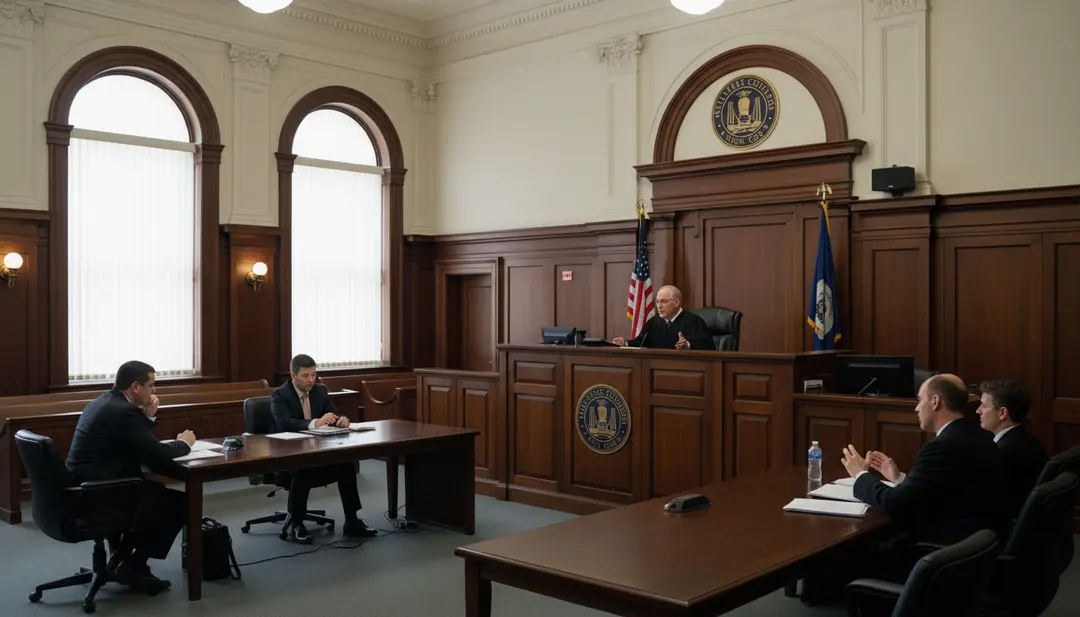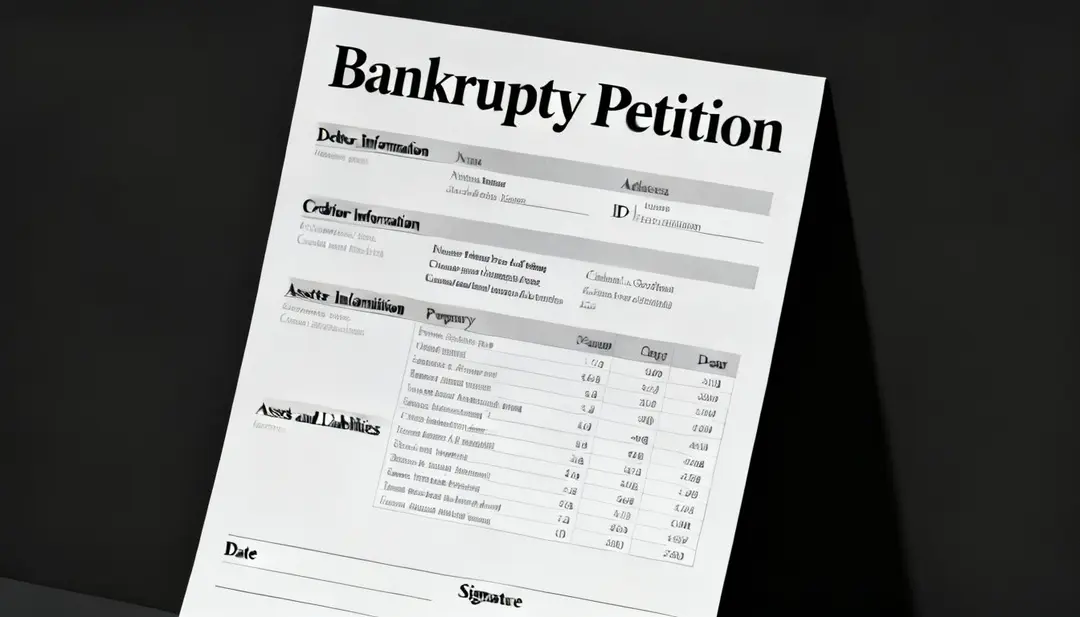In the vibrant communities of Arizona, homeowners associations (HOAs) play a crucial role in maintaining the aesthetic appeal and overall value of properties in the vibrant communities of Arizona.
Landscaping is not just about planting flowers or mowing the lawn. It encompasses a broader vision directly impacting property values. Understanding the relationship between landscaping and property values is essential for homeowners in HOA communities.
Key terms such as community standards, HOA guidelines, and curb appeal will be explored to illustrate how landscaping choices can significantly influence individual and community property values.

Understanding Community Standards for Landscaping
What Are Community Standards?
Community standards refer to the guidelines established by HOAs to maintain a uniform appearance and quality of life within neighborhoods. These standards serve several purposes:
- Ensuring aesthetic consistency
- Protecting property values
- Enhancing community pride
Common examples of community standards related to landscaping may include restrictions on fence heights, guidelines for plant selections, and maintenance requirements for lawns and gardens.
Importance of HOA Landscaping Guidelines
HOA landscaping guidelines are crucial for maintaining uniformity and aesthetics within the community. These guidelines help to:
- Foster a cohesive look that enhances neighborhood appeal
- Prevent disputes among residents regarding property appearances
- Encourage responsible and environmentally friendly landscaping practices
Consequences of Non-Compliance
Failing to adhere to landscaping standards can lead to potential penalties, including:
- Fines imposed by the HOA
- Requirement to restore property to its original condition
- Decreased property values due to inconsistent appearances
Non-compliance can disrupt community harmony and negatively impact property values. Therefore, adherence to these guidelines is essential for all homeowners.
Best Practices for Landscaping in HOAs
Effective Landscaping Techniques
To maintain healthy lawns and gardens, homeowners should implement effective landscaping techniques, such as:
- Regular watering schedules that adhere to Arizona's climate
- Use of native plants that require less water
- Incorporation of drought-resistant landscaping designs
These practices contribute to a beautiful landscape and align with sustainable practices critical in an arid environment.
Seasonal Maintenance Tips
Maintaining curb appeal throughout the year involves specific seasonal tasks:
- Spring: Fertilization and planting of new flowers
- Summer: Regular mowing and watering; mulching to retain moisture
- Fall: Pruning and preparing gardens for winter
- Winter: Cleaning up debris and protecting plants from frost
Hiring professionals or organizing community volunteer days can ensure consistent upkeep and foster a sense of community pride.
Engaging Community Members
Encouraging residents to participate in landscaping initiatives can substantially benefit the HOA. For instance, community gardening projects not only beautify shared spaces but also promote interaction among residents.
HOAs can leverage collective creativity by engaging community members in landscaping decisions, resulting in more diverse and appealing landscapes.

The Importance of Curb Appeal
Defining Curb Appeal
Curb appeal, which refers to the attractiveness of a property from the street, is a significant factor in real estate. First impressions can sway potential buyers and can directly influence property values.
Strategies for Enhancing Curb Appeal
To improve curb appeal, consider the following landscaping strategies:
- Colorful Flower Beds: Planting seasonal flowers can brighten the landscape.
- Defined Pathways: Installing walkways with decorative stones can enhance visual appeal.
- Regular Maintenance: Keeping lawns mowed and gardens tidy shows pride of ownership.
By focusing on these elements, homeowners can create inviting and attractive properties.
Curb Appeal and Property Value Preservation
Research shows that homes with higher curb appeal can sell for 7-14% more than similar homes without. This statistic underscores the importance of investing in landscaping to maintain and enhance property values.
HOA Rules for Landscaping Compliance
Overview of Common HOA Rules
Arizona HOAs typically enforce a range of landscaping rules, which may include:
- Approval processes for new plantings or structural changes
- Requirements for maintaining lawns and gardens
- Restrictions on the types of materials used for hardscaping
Understanding these rules is essential for homeowners looking to make changes to their landscaping.
Importance of Compliance
Adhering to HOA landscaping rules has significant financial implications for both the HOA and homeowners. Properties that comply with regulations are more likely to retain their value, while non-compliance can lead to decreased property values and increased assessments.
Moreover, compliance fosters community pride as residents contribute to a visually appealing neighborhood.
Navigating Disputes
Disputes regarding landscaping can arise, often stemming from misunderstandings of HOA rules. To resolve these issues, effective communication is essential. Homeowners should:
- Familiarize themselves with the HOA guidelines
- Engage in open discussions with board members
- Seek mediation if conflicts persist
By fostering understanding, communities can maintain a harmonious living environment.
The Impact of Landscaping on HOA Assessments
How Landscaping Affects HOA Assessments
Landscaping choices can influence HOA fees and assessments, as well-maintained properties contribute to the overall value of the community. Higher property values can lead to increased assessments, which ultimately fund community improvements.
Assessing Property Value
Factors that impact property value in relation to landscaping include:
- Quality of maintenance
- Design and layout of gardens
- Use of native and drought-resistant plants
Regular assessments can help HOAs adjust community standards to reflect current trends and property values.
Long-Term Benefits of Investment in Landscaping
Investing in landscaping can yield substantial long-term benefits, including:
- Increased property values and curb appeal
- Potential return on investment for landscaping projects
- Lower assessments over time due to enhanced community value
A commitment to well-maintained landscapes can create a cycle of positivity, where property values increase, benefiting all homeowners.
The impact of landscaping choices on property values and HOA assessments cannot be overstated. Homeowners can significantly influence their property values by understanding community standards, adhering to HOA guidelines, and embracing best practices for landscaping, homeowners can significantly influence their property values.
HOA members are encouraged to actively engage with landscaping practices, fostering a sense of community while enhancing overall property aesthetics. Remember, a well-kept landscape is not just good for individual properties; it benefits the entire community, creating an inviting and valuable environment for all residents.
Let's work together to uphold the standards that make our neighborhoods beautiful!
What are community standards for landscaping in Arizona HOAs?
Community standards refer to the guidelines established by HOAs to maintain a uniform appearance and quality of life within neighborhoods. These standards serve several purposes, including ensuring aesthetic consistency, protecting property values, and enhancing community pride.
Common examples of community standards related to landscaping may include restrictions on fence heights, guidelines for plant selections, and maintenance requirements for lawns and gardens.
Why are HOA landscaping guidelines important?
HOA landscaping guidelines are crucial for maintaining uniformity and aesthetics within the community. These guidelines help to foster a cohesive look that enhances neighborhood appeal, prevents disputes among residents regarding property appearances, and encourages responsible and environmentally friendly practices.
Adhering to these guidelines is essential, as non-compliance can lead to potential penalties, such as fines, requirements to restore property to its original condition, and decreased property values due to inconsistent appearances.
What are some best practices for landscaping in HOAs?
To maintain healthy lawns and gardens, homeowners should implement effective landscaping techniques, such as regular watering schedules that adhere to Arizona's climate, the use of native plants that require less water, and the incorporation of drought-resistant landscaping designs.
Maintaining curb appeal throughout the year also involves specific seasonal tasks, such as fertilization and planting in the spring, regular mowing and watering in the summer, pruning and preparing gardens for winter in the fall, and cleaning up debris in the winter. Hiring professionals or organizing community volunteer days can ensure consistent upkeep and foster a sense of community pride.
How does curb appeal impact property values?
Curb appeal, which refers to the attractiveness of a property from the street, is a significant factor in real estate. First impressions can sway potential buyers and can directly influence property values. Research shows that homes with higher curb appeal can sell for 7-14% more than similar homes without.
Strategies for enhancing curb appeal include planting colorful flower beds, installing defined pathways with decorative stones, and maintaining regular lawn and garden upkeep. By focusing on these elements, homeowners can create inviting and attractive properties that help preserve and enhance property values.
What are common HOA rules for landscaping compliance?
Arizona HOAs typically enforce a range of landscaping rules, which may include approval processes for new plantings or structural changes, requirements for maintaining lawns and gardens, and restrictions on the types of materials used for hardscaping.
Adhering to these rules has significant financial implications for both the HOA and homeowners, as properties that comply with regulations are more likely to retain their value, while non-compliance can lead to decreased property values and increased assessments. Effective communication and understanding of the HOA guidelines are essential for resolving any disputes regarding landscaping.
How does landscaping affect HOA assessments?
Landscaping choices can influence HOA fees and assessments, as well-maintained properties contribute to the overall value of the community. Higher property values can lead to increased assessments, which ultimately fund community improvements.
Factors that impact property value in relation to landscaping include the quality of maintenance, the design and layout of gardens, and the use of native and drought-resistant plants. Investing in landscaping can yield substantial long-term benefits, such as increased property values and curb appeal, the potential return on investment for landscaping projects, and lower assessments over time due to enhanced community value.
The Importance of Legal Support in HOA Compliance
While most homeowners willingly comply with landscaping guidelines, HOAs occasionally face challenges with members who consistently violate community standards. In these situations, professional legal assistance becomes invaluable. Experienced HOA attorneys can:
- Navigate complex state and local regulations governing HOA enforcement
- Ensure compliance actions are legally sound and properly documented
- Protect the HOA's interests while maintaining fairness and transparency
- Draft and review enforcement policies that stand up to legal scrutiny
- Represent the HOA in mediation or litigation when necessary
The cost of legal representation often proves to be a wise investment, potentially saving communities thousands of dollars in prolonged disputes, property value depreciation, and unsuccessful enforcement attempts. Professional legal counsel can also help HOAs maintain positive community relations while addressing compliance issues, striking the delicate balance between enforcement and neighborhood harmony.
Conclusion
The impact of landscaping choices on property values extends far beyond individual homes, affecting entire communities within Arizona HOAs. Through proper understanding of community standards, consistent enforcement of guidelines, and professional legal support when needed, HOAs can maintain the aesthetic appeal and property values that make their communities desirable places to live.
Remember that a well-maintained landscape, supported by clear guidelines and proper enforcement mechanisms, creates lasting value for all residents. When necessary, don't hesitate to seek professional legal assistance to protect these valuable community standards. Together, through proper management and enforcement, we can ensure our neighborhoods remain beautiful, valuable, and harmonious for years to come.













